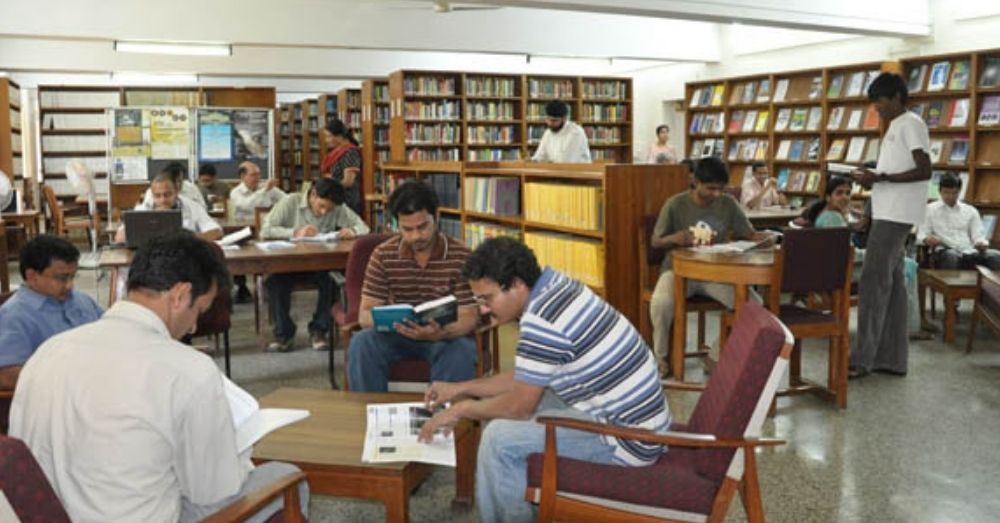Anything that goes into the hands of the Centre is now spreading fear in the country. Same happens with the plan to bring the subject of “libraries” to the Concurrent list of the Seventh Schedule of the Constitution.
What is concurrent list?
The concept of concurrent list is that both Central Government and State Government can make laws on the subjects mentioned under the Concurrent List. While both Central and State Government can legislate on subjects mentioned under Concurrent List, however, in case of any conflict, the law made by the Central Government will prevail. In this case, this means that both Parliament and state legislatures would be able to make laws to administer public libraries, but, in case of any conflict, the central law will take precedence over the state law.
Why is Kerala among the most vociferous states against the plan?
Firstly, Kerala has the largest number of public libraries in the country. Every nook and corner, there is a library in Kerala implying that there is a culture of reading and gathering of readers happening everywhere. This is the space wherein most of the cultural activities are organized too. Any imposition of laws made to libraries, if not favorable to the existing nature of libraries in Kerala, would impact many readers and thus the reading culture in Kerala.
Secondly, Libraries in Kerala are decentralized at its best. Members of the libraries elect members of a library council for each taluk. The members of the taluk library council in turn elect a district library council and the members of the district council elect members of the Kerala State Library Council. The state library council is an autonomous body that monitors the administration of public libraries.
KV Kunhikrishnan, president of the Kerala State Library Council, said that the only condition that the state council imposes is that the libraries must spend at least 70% of the grants given to them by the state council to buy books with no control over libraries on deciding what books to buy. Kerala fears that any control over the funds, libraries’ organisation and decisions on what books to buy would disrupt the current successful running of libraries in Kerala.
In fact, after the omission of significant topics from the NCERT syllabus, we cannot completely ignore the way how some view this as a move to interfere in the functioning of libraries and spread the Sangh Parivar ideology.
The Role of Centre
From an optimistic perspective, we can anticipate that the central government has the potential to secure additional funds, leading to the digitization and modernization of libraries across diverse Indian states, especially in the northern states where the state governments have struggled to achieve commendable library statistics. However, it is essential to ensure that the central government refrains from intervening in the day-to-day operations of libraries, preserving their intellectual freedom.
